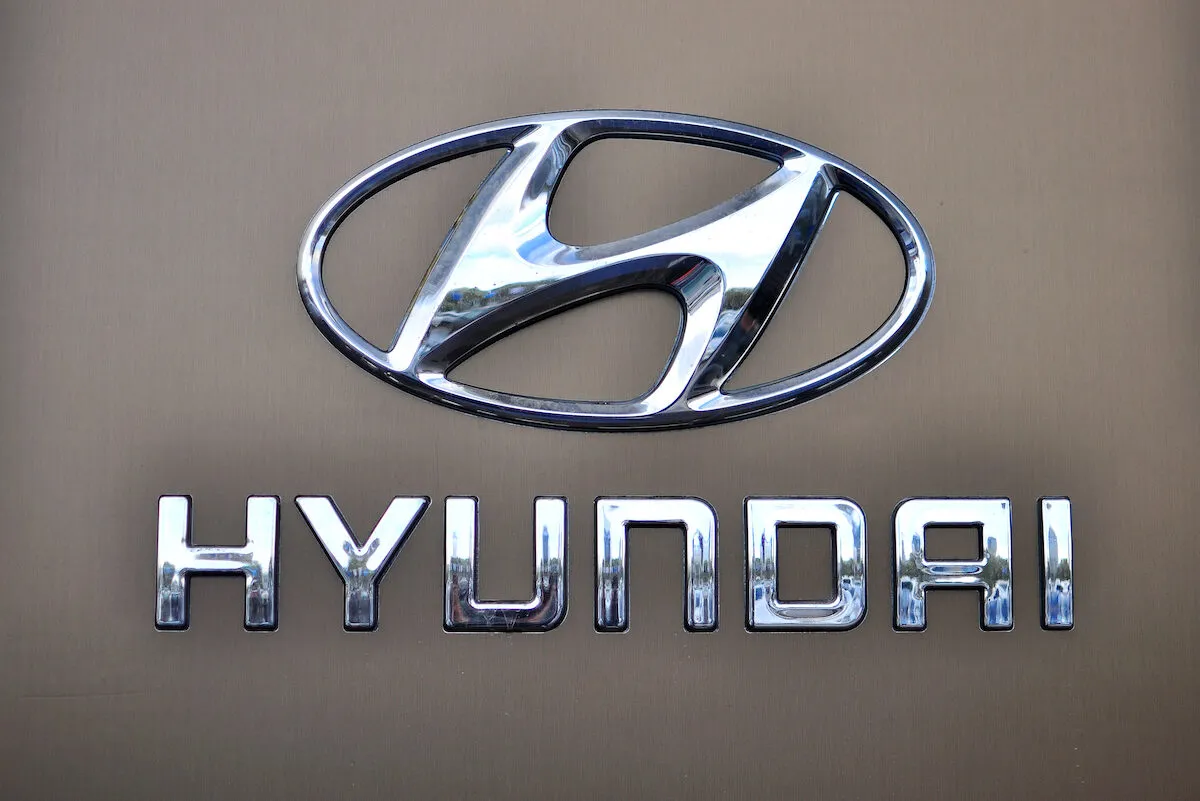
Update:
- A judge dismissed a class action lawsuit filed by a group of vehicle owners against Hyundai Motor Co. in a California federal court.
- The class action lawsuit claimed a number of Hyundai and Kia model vehicles contained an engine defect that caused them to use an excessive amount of oil.
- The vehicle owners argued the alleged defect, in addition to costing them money for the excess oil, caused the vehicles to stall and eventually fail.
- Court approval of the dismissal was not required as the class had not been certified nor proposed to be certified for purposes of a settlement, according to court documents.
Hyundai excessive oil consumption class action lawsuit overview:
- Who: A group of Hyundai and Kia vehicle owners are suing Hyundai Motor Co.
- Why: The drivers allege numerous models of Hyundai and Kia vehicles are equipped with defective engines that use excessive amounts of oil, stall and eventually fail.
- Where: The lawsuit was filed in a California federal court.
(April 20, 2022)
Hyundai makes numerous models of Hyundai and Kia brand vehicles with defective engines that use excessive amounts of oil, costing their owners huge sums of money, a new class action lawsuit alleges.
On Apr. 12, eight owners of Hyundai and Kia brand vehicles filed a class action lawsuit against Hyundai Motor Co. in a California federal court, alleging violations of federal warranty laws.
The Hyundai excessive oil consumption lawsuit alleges that numerous models of the automaker’s vehicles are equipped with defective Nu, Gamma, Theta, Lambda and Kappa engines.
The defective engines allegedly use excessive amounts of oil, stall and eventually fail. The drivers say Hyundai should have issued a recall for the vehicles a long time ago but hasn’t.
As a result, thousands of Hyundai and Kia owners and lessees have allegedly been forced to constantly check the oil levels, and oil must be added to the engines more frequently than even the owner’s manuals recommend, Car Complaints reports.
The engine issue has flow-on effects like reduction in engine lubrication due to crankshaft submersion and gaskets and seals damage, which leads to oil leaks.
The plaintiffs also claim that oil in their vehicles migrates to places where it shouldn’t be, damaging the combustion and exhaust systems.
This allegedly causes “abnormal wear of engine parts, oversaturation of carbon and deposits of oil sludge, ultimately requiring a costly engine rebuild or replacement.”
Automaker should honor warranty claims outside terms, Hyundai class action says
The plaintiffs allege that Hyundai should honor customers’ warranty claims even when the warranties have expired.
According to the lawsuit, Hyundai can’t adequately repair the oil consumption problems and doesn’t offer any reimbursement for out-of-pocket costs caused by the issue.
The class action states customers must suffer through long wait times for replacement parts, “and in most cases do not receive required engine replacements.”
The cars with the allegedly faulty engines include the 2012-2020 Hyundai Elantra, 2009-2018 Hyundai Genesis Coupe, 2019-2021 Hyundai Kona, 2020-2021 Hyundai Palisade, 2010-2012 and 2015-2021 Hyundai Santa Fe, 2009-2010 and 2015-2021 Hyundai Sonata, 2011–2021 Hyundai Sonata Hybrid, 2010-2013 and 2015-2021 Hyundai Tucson, 2011-2021 Hyundai Veloster, 2020-2021 Hyundai Venue, 2010-2021 Kia Forte, 2017-2020 Kia Niro, 2011-2020 Kia Optima and Optima Hybrid, 2012-2021 Kia Rio, 2011-2020 Kia Sorento, 2012-2021 Kia Soul, 2011-2020 Kia Sportage, 2018-2021 Kia Stinger and 2022 Kia K5.
Meanwhile, Hyundai has expanded its recall of vehicles with an exploding seat belt part issue that has caused multiple injuries to include 6,240 of its 2021-2022 Elantra and 2020 Accent vehicles.
The plaintiffs are represented by Nye, Stirling, Hale & Miller LLP, Sauder Schelkopf LLC and Walsh, PLLC.
The Hyundai Oil Consumption Lawsuit is Cho, et al., v. Hyundai Motor Company, LTD., et al. in the U.S. District Court for the Central District of California.
Are you one of the drivers affected by an allegedly faulty Hyundai engine? Let us know in the comments!
Don’t Miss Out!
Check out our list of Class Action Lawsuits and Class Action Settlements you may qualify to join!
Read About More Class Action Lawsuits & Class Action Settlements:




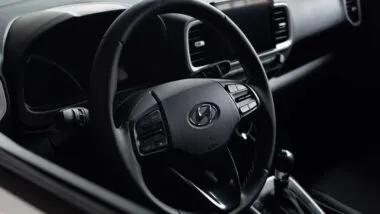

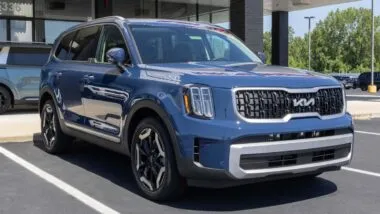
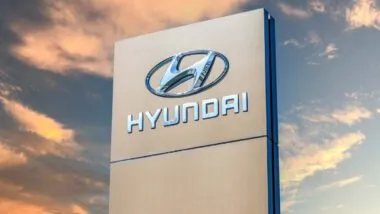
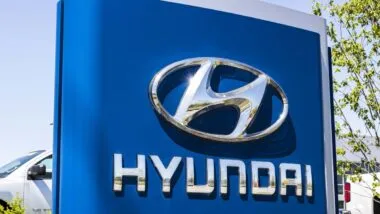




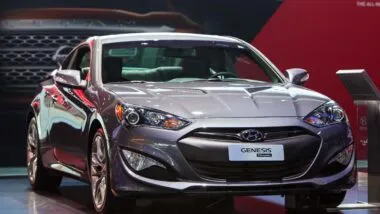
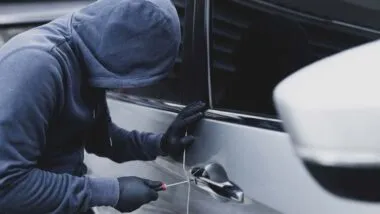
3,221 thoughts onHyundai class action over excessive oil consumption dismissed
I knew something was wrong, because I was constantly having to buy oil. I just bought this car 6months ago. Last week I just took my car to Hyundai Service Center and was told I need a new engine. This week they tell me it’s on back order and they don’t know when it will be available. This some bs
My 2012 Hyundai Sonata just started burning oil so quickly that I can’t drive it without a burning smell.
I purchased a used 2017 Hyundai Santa Fe in May of 2022. The vehicle had just had an oil change. By August, my oil light was coming on when I turned corners. Upon checking the oil level, it was down 4 quarts. My car is currently in the shop having the catalytic converter replaced. I will then return in 1,000 miles to see if my vehicle is sufficiently “fixed”…Hyundai says it’s normal for a car to use a quart of oil per 1,000 miles driven….interesting…what a night mare. It’s ridiculous that this isn’t a recall issue.
I had a 2018 kia soul and experienced the same problems. I would go for an oil change and have completely no oil in my car. My mechanic said that the oil was going through the engine because there was no sign of a physical oil leak. I had to keep bottles of oil in my car because my oil will always run out.Eventually my car started making knocking noise coming from the engine. I had to end up trading my car that was completely paid for to get a note!
I have a 2014 Sante Fe and I have to put oil in my car EVERY OTHER WEEK. It’s ridiculous! The dealership is only offering a too engine clean and oil change for $600 that may not even solve the problem! I would like to join this lawsuit.
I own a 2016 Hyundai sonata and typically get 2000 miles on recent oil change and I am under 80k miles on the car. I’ve had cylinders misfire and also told the oil pan was leaking which caused issues and I think it’s all a lie by the dealer to cover up the real issue
I own a 2013 Hyundai Veloster and have to check the oil every 2 weeks cause of excessive oil consumption. Absolutely ridiculous!!
I have a 2017 Santa Fe sport and am having this problem.
Same
My car is having the same problem
My 2019 kona is in the shop right now waiting on parts the car changed the oil to sludge and brunt out the turbo they refused to warranty the car because I changed my own oil I used synthetic oil but they wouldn’t even turn it over to warranty even though the power train warranty should still be good said I had to bring it to a dealer for oil changes that’s no quite what the manual states but its going to cost m almost 3 grand to fix